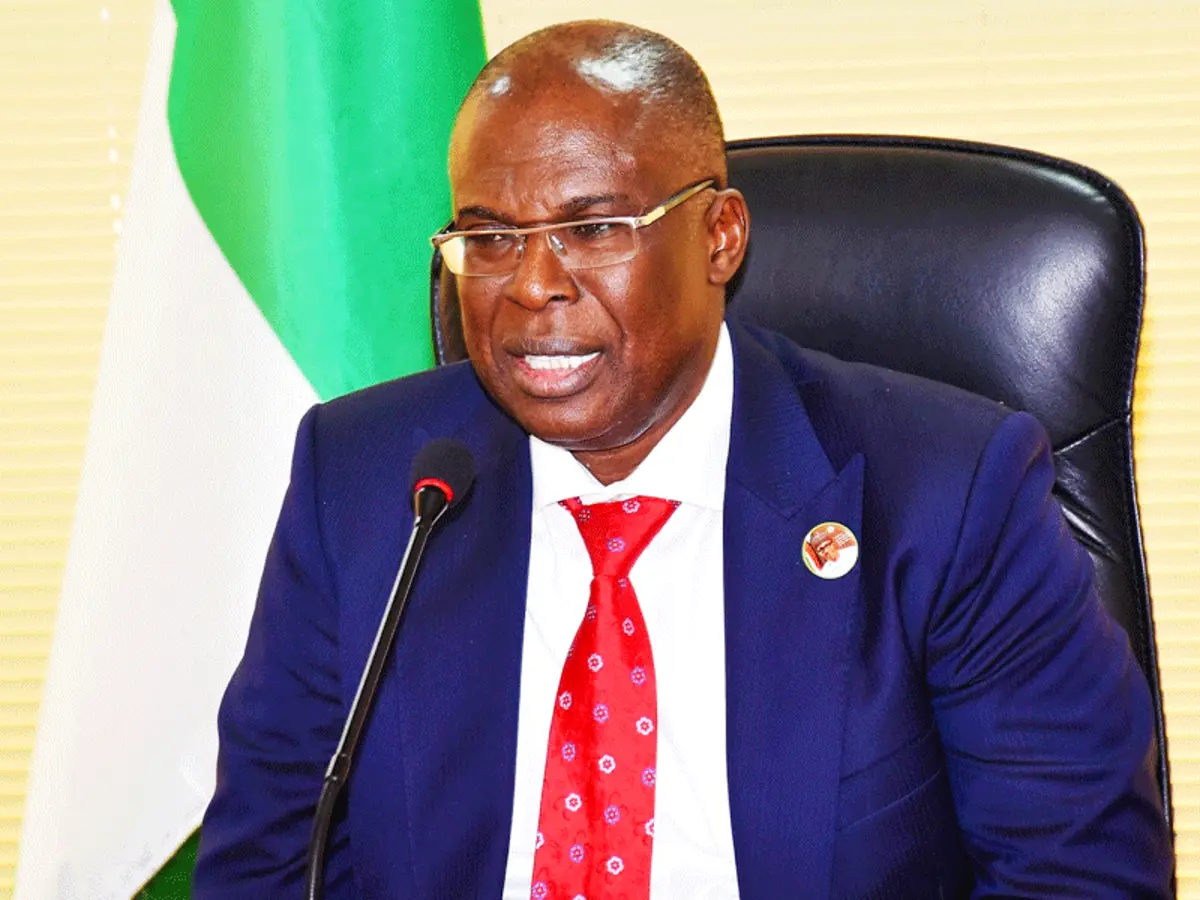Almost one month after Nigeria’s Minister of State, Petroleum Resources, Chief Timipre Sylva stopped being part of the Muhammadu Buhari-led administration, the federal government yesterday finally publicly confirmed the junior minister’s resignation from the government.
Traditionally, when senior government officials leave government positions, the administration ordinarily announces their exit. However, it was unclear why the resignation of the minister, who has gone to vie for the governorship seat in Bayelsa state, was treated as top secret before yesterday.
However, in an apparent last-minute effort to douse the controversy generated by the refusal of the authorities to make the announcement, a Special Assistant to the President on Digital Communications, Bashir Ahmad, disclosed via his Twitter handle, that Sylva resigned to pursue his gubernatorial ambition.
‘Minister of State for Petroleum Resources, and former Bayelsa State Governor, Timipre Sylva, has resigned his appointment to contest in the next Bayelsa governorship election,’ Ahmad confirmed.
Sylva, who was yet to complete his constitutionally guaranteed two terms as governor of Bayelsa State before he was forced out at the time, is seeking a new term as governor of the oil-producing state.
In the official communication addressed to the Secretary to the Government of the Federation, Mr. Boss Mustapha, Sylva recalled that the Nigerian constitution and the APC guidelines required that he stepped down from his ministerial position before contesting for any political post.
“Mr. President and Honourable Minister of Petroleum Resources (HMPR) is respectfully invited to recall the provisions of the Electoral Act 2022 as well as the guidelines for the conduct of primaries issued by our great party, the APC, relating to political appointees aspiring to participate in its primary elections at al levels.
“By the provisions of Section 3 of the guidelines: “No political appointee at any level shall be a voting delegate or be voted for the purpose of the nomination of candidates.
Read Also: Nigeria To End Fuel Importation By 2024 – Timipre Sylva
‘Any political office holder interested in contesting for an elective office shall leave office 30 days prior to the date of election or party primary for the office sought.’
‘I am interested in contesting elections for the position of governor of Bayelsa State and in participating in the upcoming party primaries. In this regard, I hereby tender my resignation as Honourable Minister of State with effect from 15 March 2023.
‘In line with extant Regulations and Policies of the civil service, I shall hand over to the Permanent Secretary Ministry of Petroleum Resources, pending the appointment of a new Minister of State by Mr President,’ the minister wrote.
Describing it as an honour to serve the president and the country in general, and to help in actualising Buhari’s vision for the Nigerian petroleum sector, Sylva added that he was leaving office fulfilled.
‘I have served with diligence and integrity as a result of which I have delivered on my ministerial mandates along the nine priority areas of the administration. I am leaving office with a sense of fulfilment knowing that I have left the Nigerian petroleum industry better than I met it under your guidance and with your unflinching support .
‘I am ready once again, for the next challenge of elective office and take with me the added experience from serving as Minister of the Federal Republic of Nigeria.
‘I do not doubt in my mind that this will enrich the content and context of my governance when I do get elected into office and remain grateful for the privilege you granted me to serve,’ Sylva told the president.
In retrospect, during the minister’s nearly four years in office, a number of reforms in the oil sector, including the long-awaited passing of the Petroleum Industry Act (PIA) that overhauled the sector’s fiscal regime in a bid to spur investment, finally became a success. The bill had been in the works for nearly 20 years.
However, on the downside, it was also during his term that Nigeria had the longest period of petrol scarcity. Nigeria’s oil output also fell to its lowest in decades as a result of crude theft and pipeline vandalism during the period.
